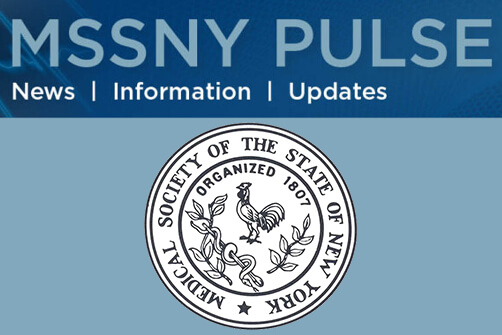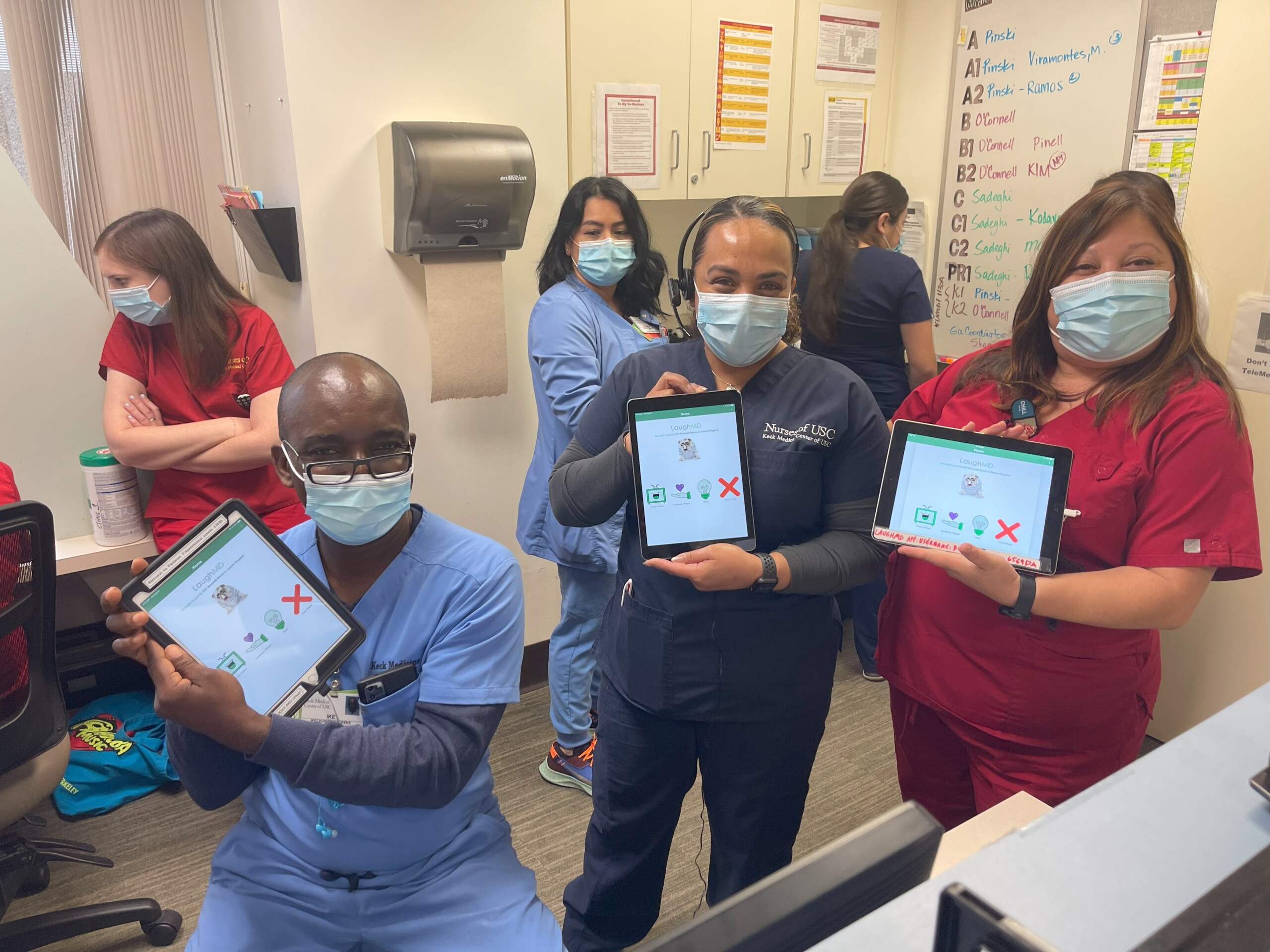
FTC Passes Rule to Prohibit Most Non-Compete Agreement – Questions Remain about Implementation
This week, the Federal Trade Commission (FTC) voted 3-2 to issue a far-reaching final rule that would prohibit “non-compete” provisions in employment contracts.
The final FTC rule exempted from these protections executives earning more than $151,164 annually who are in “policymaking” positions. The FTC has estimated that fewer than 1% of workers would be considered senior executives under the final rule. Importantly, the FTC clarified that “a physician who works within a hospital system but does not have policymaking authority over the organization as a whole would not qualify” as a senior executive. However, it also noted that “partners in a business, such as physician partners of an independent physician practice, would also generally qualify as senior executives under the duties prong, assuming the partners have authority to make policy decisions about the business.”
Of significant importance, the FTC has indicated that the final rule could be applicable to non-profit hospitals, noting it disagreed with commenters’ “contention that all hospitals and healthcare entities claiming tax-exempt status as nonprofits necessarily fall outside the Commission’s jurisdiction and, thus, the final rule’s purview.” In its letter to the FTC when the regulation was proposed, MSSNY had raised concerns with the possibility that the provisions could apply to small medical practices but not apply to large non-profit health system, which is the predominant corporate structure of hospitals in New York State.
The rule takes effect 120 days after publication in the Federal Register and includes model language that employers can use to communicate to workers. However, the US Chamber of Commerce has filed a lawsuit in federal court in Tyler, Texas, alleging that the FTC lacks the power to adopt these rules.
MSSNY has been in discussions with the AMA about the numerous implications of this rule and will follow up with additional information as it becomes available. MSSNY will also continue to work with allied groups to support state legislation, consistent with MSSNY policy, that will prohibit non-compete clauses in physicians’ contracts with health system employers and private equity-owned practices.
Share
Health Commerce System – New Enhancements and Security Features The Department of Health is updating its Health Commerce System (HCS) to enhance security and improve user experience. Starting May 9th, 2024, you’ll see improvements to our “Forgot Password” feature and login interface. For further details and assistance, click here.
DEA Announces Move to Reclassify Marijuana from Schedule I to Schedule III Colleagues: On April 30, the DEA announced a move to reclassify Marijuana from Schedule I to Schedule III, alongside Ketamine and some anabolic steroids. This would recognize the use of medical marijuana and make it easier to conduct research, but marijuana would not […]
LaughMD App Pioneers Laughter as Billable, Scalable, Evidence-based Medicine LaughMD is improving the approach to healthcare and wellness in hospitals, dialysis clinics and oncology facilities, bringing laughter right to the bedside of patients and into the daily routines of healthcare staff. With a powerful blend of clinical research and innovative technology, LaughMD offers a unique solution to combat […]
California and Oregon Push Toward Universal Healthcare California and Oregon, in response to the federal healthcare policy gridlock, have taken significant steps toward establishing universal healthcare coverage. These states have enacted laws that mandate creating publicly financed, universal coverage systems. These reforms promise substantial cost savings and improved healthcare access for all residents. However, the […]




